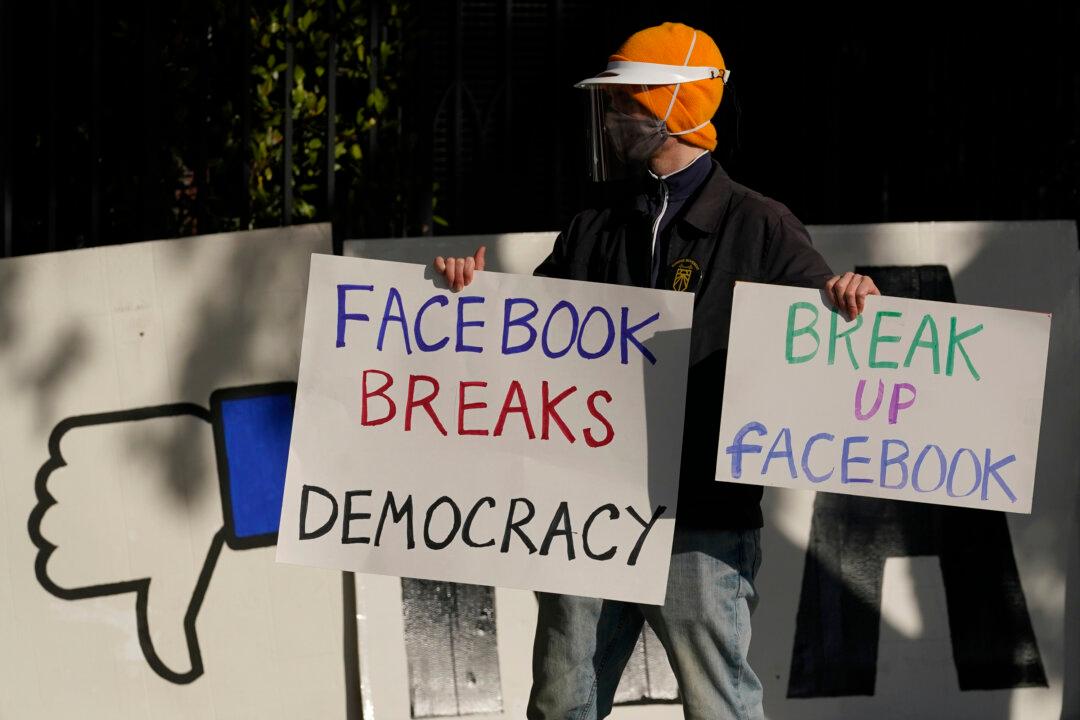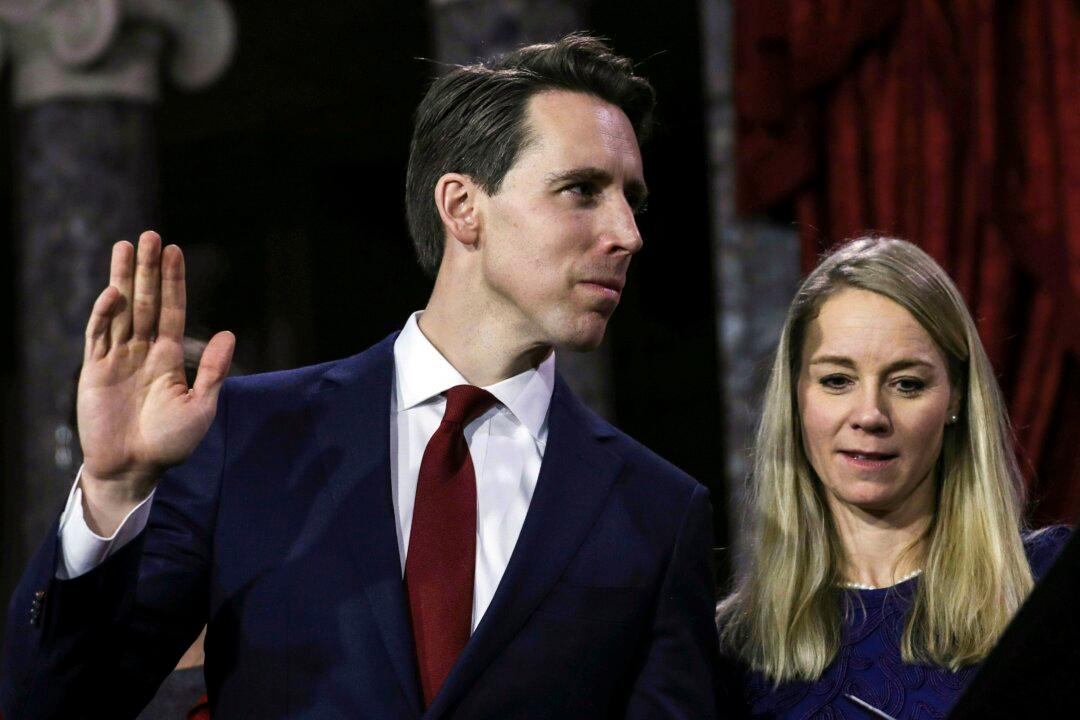In 2017, Nandini Jammi helped launch a company called Sleeping Giants to pressure corporate advertisers into boycotting conservative media. With little more than a Twitter account, a Facebook group and a gift for incendiary rhetoric, the company reportedly prompted a range of corporations, from Pfizer to Walmart, to pull advertising from Fox News and other right-leaning outlets.
Now, with boycotts becoming a fixed tactic, including secondary boycotts targeting states with new Republican-backed voting laws, Jammi has transitioned from aggressor to protector: advising companies on how to avoid becoming targets. Her new enterprise, “Check My Ads,” says it provides “brand safety training that empowers marketers to protect their brands … We help you identify where your ad dollars are going and to align your media buy with your values.”






